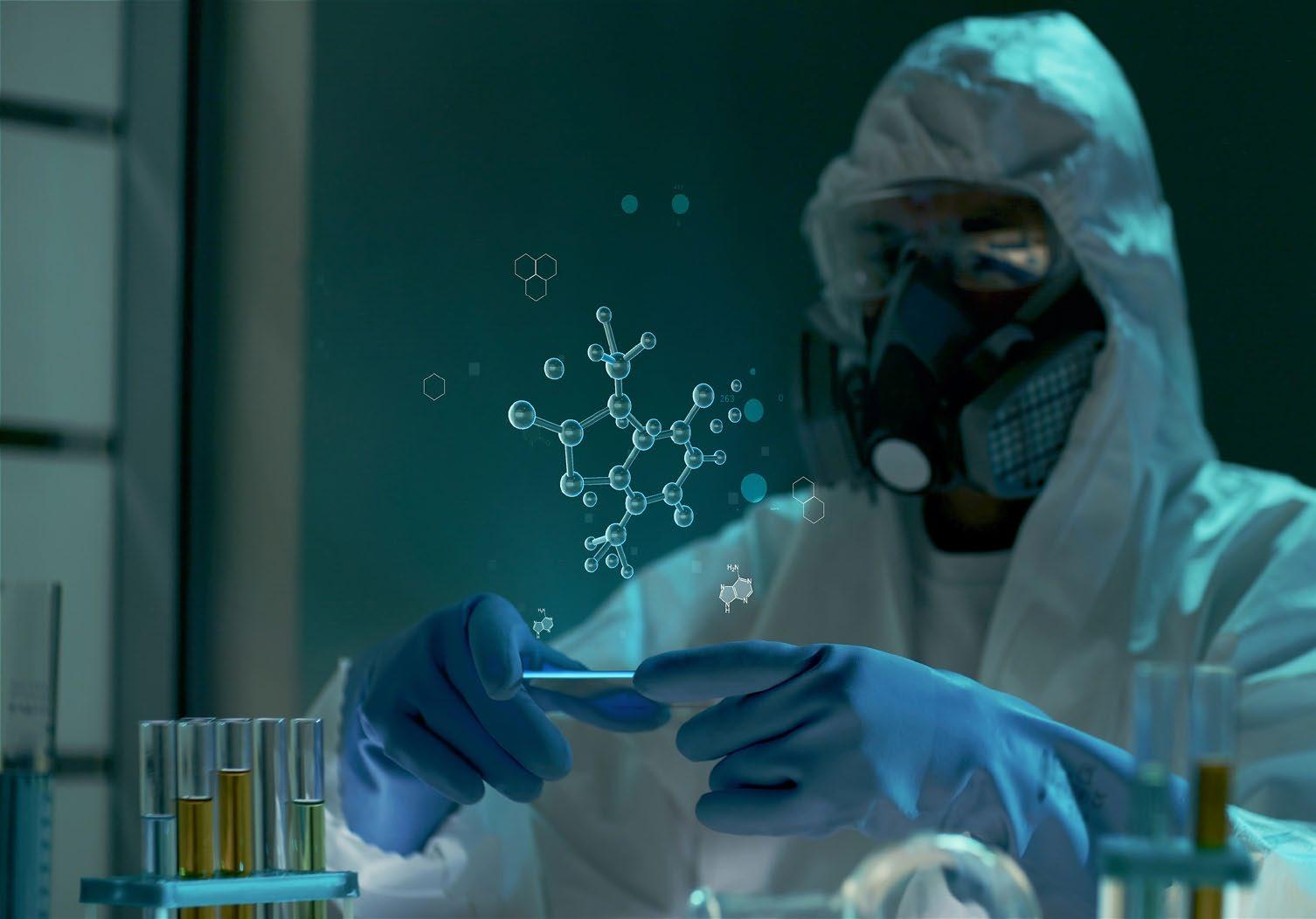
3 minute read
Protecting local pharmaceutical companies is good business
by Mercy Kamau: mkamau@apn co ke
If implemented to the letter, the Buy Kenya, Build Kenya Policy could attract more investments in the human drugs space especially, global manufacturers eyeing a slice of the local human medicines manufacturing via signing of collaborative ventures with local manufacturers
In an interview, Cosmos Pharmaceuticals Managing Director Vimal Patel says this could see local manufacturers assigned debulking packaging roles thereby opening unrelated opportunities for different businesses in Kenya from printers, container manufacturers, certified security label printers, transporters and warehouse operators
Speaking from the company’s Industrial Area-based factory in Nairobi, MD Patel welcomed the government’s commitment to promote local manufacturing saying foreign companies keen on retaining their local market share will have no option but to build new factories thereby creating new jobs for Kenyans in skilled, semiskilled and unskilled cadres
“While this is a major plus for us pharmaceutical companies in terms of sales leading to new investments in expanding our production facilities, it creates new revenue sources hence enabling the county and national government to execute their mandates in better ways,” he said
On the government’s Universal Health
Coverage (UHC) Agenda currently in its pilot phase, Mr Patel says local manufacturers of drugs are better placed to fast-track realisation of UHC, the government should zero rate VAT on locally produced drugs/medicine (in the master roll 2 of 2022)
The Cosmos MD says the government should maintain VAT exempt status on imported pharmaceutical products not listed in the master roll 1 of 2022 and other medicines not listed on Master Roll but which are made in Kenya
To promote local manufacturing investments, Mr Patel says the government should scrap off duty and VAT on capital equipment for drugs manufacturing that is imported into Kenya such as clean room I partition panels and accessories which attract 35 percent duty and 16 percent VAT
“Laboratory equipment specifically for pharma industries should be exempted from 16 percent VAT as the cost of hitech laboratory equipment runs into millions of shillings and is deemed obsolete every five years This means it must be replaced with more modern laboratory equipment as dictated by international standards agencies and WHO The future is solid and we hope to tap into new technologies even though they might be so expensive, hence we seek the government’s support,” he said
Such an incentive, he adds, will also eradicate instances where people import counterfeits passed on as genuine drugs thereby endangering innocent lives while boosting trust for Kenya-made drugs
Currently, Kenya has about 37 companies making human drugs for sale locally, across Africa and to many other countries in the world�
Mr� Patel, whose company has been in existence for the past 40 years, says unpredictable fiscal and regulatory policies focused on raising revenue in the short term have continued to undermine growth prospects for local companies and hence hurting new revenue prospects for county and national governments�
For instance, he observes, India has registered phenomenal growth for years due to its commitment to support local drug manufacturing ventures Accounting for 10 percent of world’s production by volume and 1 5 percent by value The industry now produces bulk drugs belonging to all major therapeutic groups requiring complicated manufacturing technologies
Some of the incentives given to drug companies in India include competitive land rates, availability of highly skilled cheap labour, low resource costs like water, electricity and lower cost of production machinery The country now ranks 3rd worldwide by volume of production and 14th by value, thereby accounting for around

